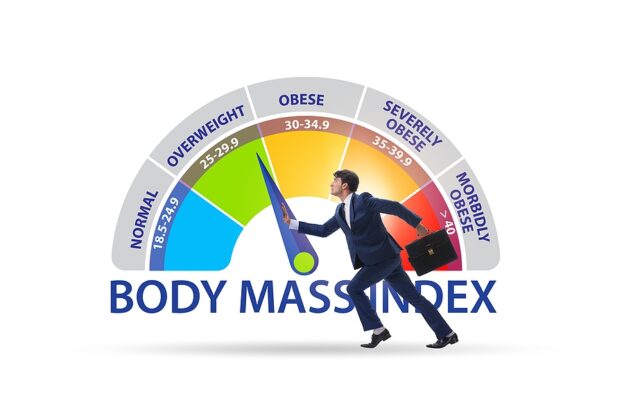By David Blyweiss, M.D., Advanced Natural Wellness
March 9, 2022
People often worry about their body mass index when they shouldn’t.
Say you’re five feet, eight inches tall and weigh 200 pounds. You’ve got a BMI of 30.4, which says you’re obese.
Are You Suffering From...
- Love handles and a pot belly
- Romance that isn't what it used to
- Forgetfulness and inattention
- Low (or no) strength and endurance
- A sex drive that's shifted into neutral...or worse
If so...you may have Mature Male Burnout. Click here to discover more about this unique condition and what you can do about it.
If you’re active and well-muscled, you probably aren’t anywhere near obese. But if you’re a couch potato who is out of shape and carrying around a lot of excess fat, well, then the BMI got it right for you.
It works just the opposite, too. Continue reading

